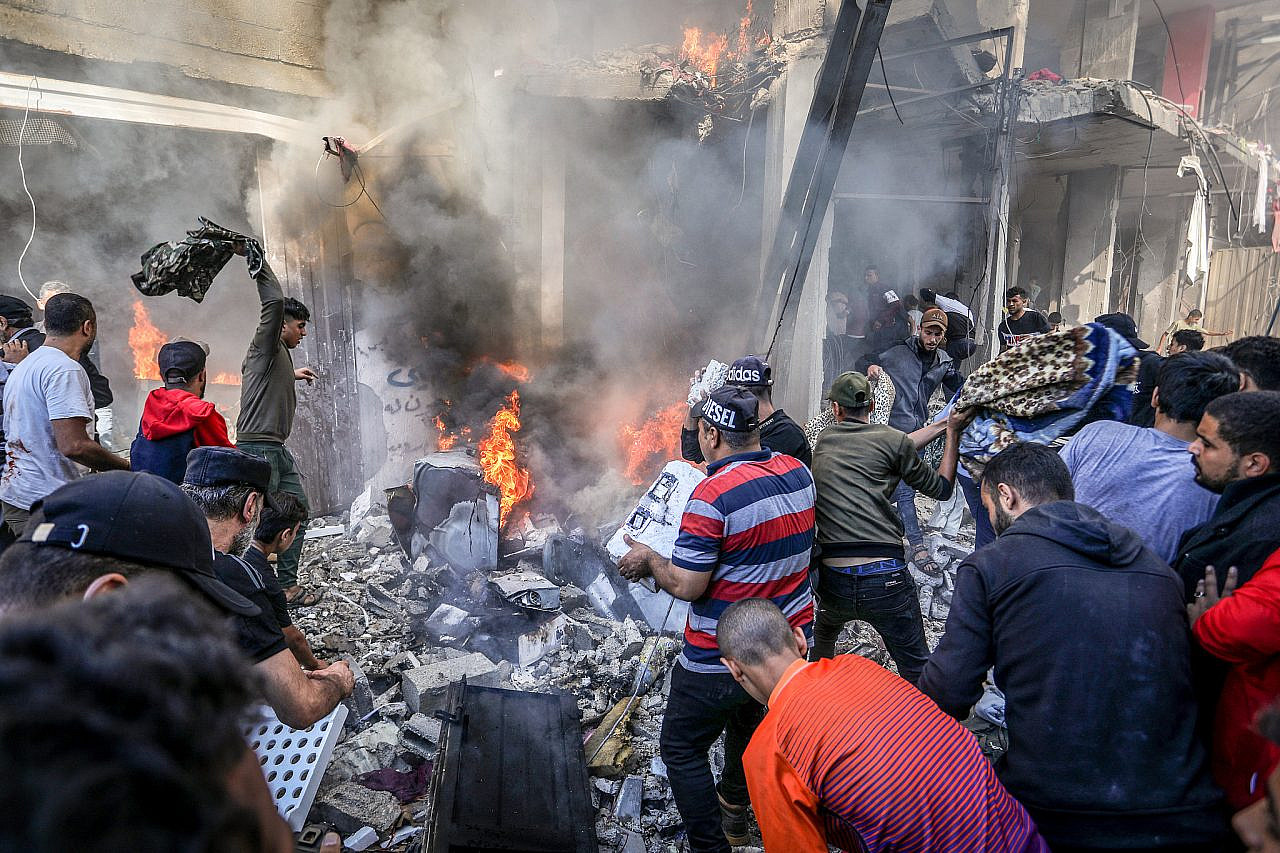 Even as the U.S. expands its military involvement in the Middle East and delays the troop drawdown from Afghanistan, the staggering human toll of the U.S. “war on terrorism” remains poorly understood.
Even as the U.S. expands its military involvement in the Middle East and delays the troop drawdown from Afghanistan, the staggering human toll of the U.S. “war on terrorism” remains poorly understood.
A new report (PDF), whose release last month coincided with the 12th anniversary of the U.S.-led invasion of Iraq, attempts to draw attention to civilian and combatant casualties in Iraq, Afghanistan and Pakistan. Yet the study, authored by the Nobel Peace Prize laureate International Physicians for the Prevention of Nuclear War and other humanitarian groups, barely elicited a whisper in the media. Washington’s preoccupation with the rise of the Islamic State in Iraq and the Levant (ISIL) and other regional conflicts has largely obscured the humanitarian, economic and political toll of its “war on terrorism.”
But ISIL’s resurgence is not unrelated to Washington’s military campaign. “ISIL is a direct outgrowth of Al-Qaeda in Iraq that grew out of our invasion,” President Barack Obama told Vice News last month. Until the U.S. comes to grips with the aftereffects of its counterterrorism policies, it will continue to pursue counterproductive strategies that cause incalculable damage.
The report estimates that at least 1.3 million people have been killed in Iraq, Afghanistan and Pakistan from direct and indirect consequences of the U.S. “war on terrorism.” One million people perished in Iraq alone, a shocking 5 percent of the country’s population. The staggering civilian toll and the hostility it has engendered erodes the myth that the sprawling “war on terrorism” made the U.S. safer and upheld human rights, all at an acceptable cost.
More....





 The United States will mark the 84th anniversary of the Japanese attack on the U.S. naval...
The United States will mark the 84th anniversary of the Japanese attack on the U.S. naval... In 2021, a book titled “The Human-Machine Team: How to Create Synergy Between Human and Artificial...
In 2021, a book titled “The Human-Machine Team: How to Create Synergy Between Human and Artificial...:focal(1285x1016:1286x1017)/https://tf-cmsv2-smithsonianmag-media.s3.amazonaws.com/filer_public/d1/4e/d14ed238-3b62-4506-9f53-fc2178dade60/nov2025_d17_prologue.jpg) In the fall of 1945, a bit more than six years after Nazi Germany invaded Poland...
In the fall of 1945, a bit more than six years after Nazi Germany invaded Poland... The last plane carrying U.S. forces left Afghanistan on Monday, meeting an Aug. 31 deadline to withdraw...
The last plane carrying U.S. forces left Afghanistan on Monday, meeting an Aug. 31 deadline to withdraw...






























